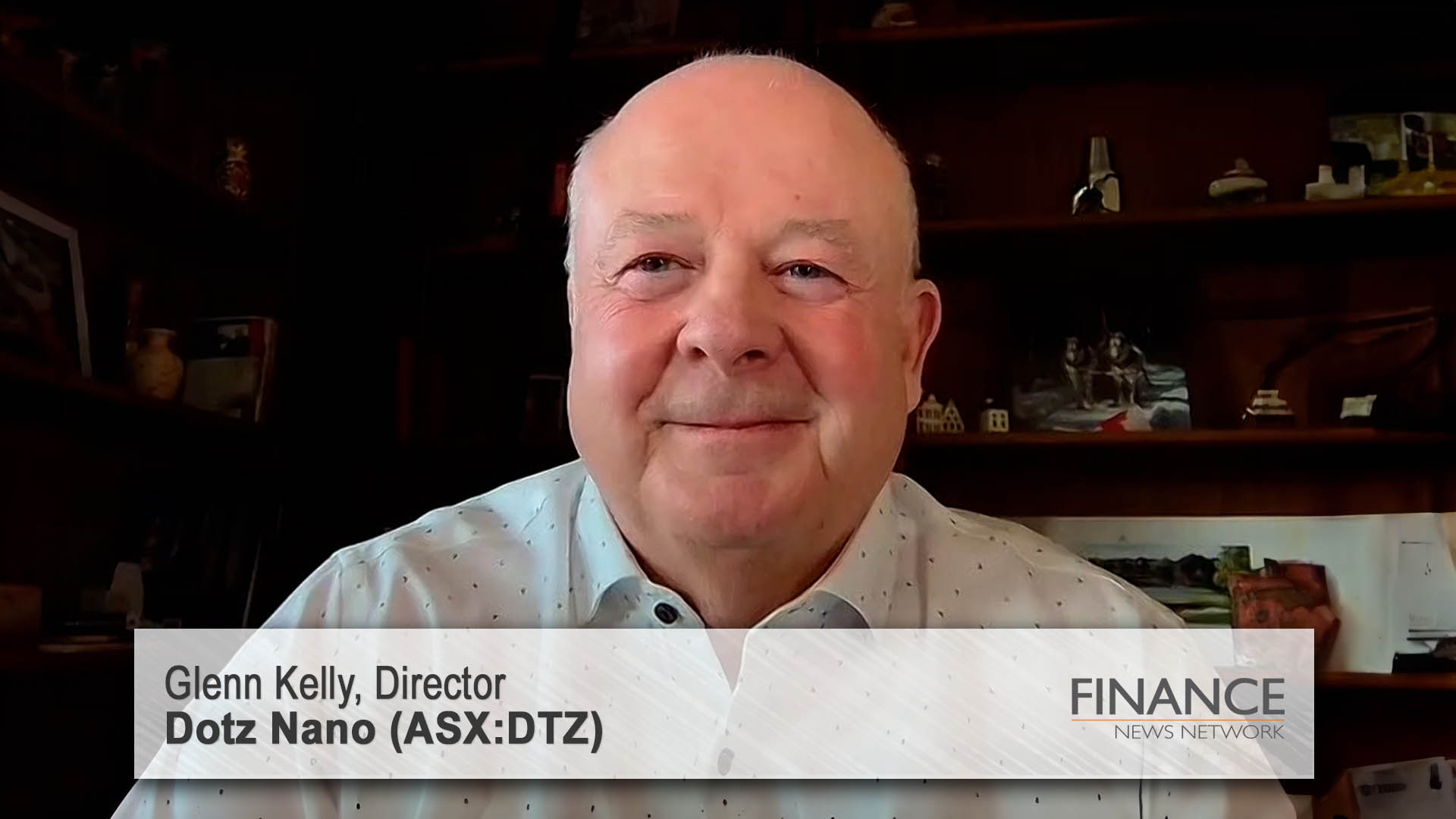Good news and not so good news from North Asia for Australian exporters this week.
The good news confirms the Japanese economy is continuing to chug along very nicely and there are quite a few happy and contented Japanese companies optimistic about the outlook for their business at home and in export markets.
And when taken with the continuing high level of activity in China, it’s good for resource companies and other exporters, even if trade tensions are rising between the US and China.
The not so good is whether the Free Trade Agreement just struck between South Korea and the US will hobble Australian exporters, especially those shipping agricultural products into the still strong South Korean market.
The deal could see the US boost exports to South Korea by up to $US19 billion a year, with beef, grains, rice and cars some of the big winners.
Higher US beef and rice shipments will hurt Australian exports.
The deal between the two countries would help cut America’s $9.5 billion trade deficit with South Korea, while South Korean exports could rise $US10 billion to the US.
That in turn would be good news for producers of Australian resources.
What will be galling to quite a few Australian farmers and other exporters is that the US will ship subsidised rice, beef and other agricultural products into South Korea in greater quantities.
The impact in South Korea can be seen from estimates from some analysts that the country’s agricultural production may fall by as much as $US2.1 billion a year under the agreement proposed with America. South Korea’s agricultural sector is estimated to produce around $US34 billion worth of goods a year.The deal was struck to try and beat a deadline on special trade laws in the US that allow President Bush to by-pass Congress in signing deals like this.
……………………
Of the two the Tankan reading will have the more immediate and positive impact.
The Tankan, from the Bank of Japan, is the most watched survey in Japan and asks around 11,000 companies about their expectations for sales, profit, spending, hiring and overall sentiment.
This one shows a high level of confidence with the country’s businesses planning to invest at a much faster pace than previously estimated.
Economists take this to indicate that business is much more confident about the outlook at home and abroad.
That in turn is taken to mean more confidence about profits, sales and in turn that means more imports of raw materials, such as iron ore, coal and LNG from Australia.
This Tankan shows that large companies plan to increase spending by 2.9 per cent in the Japanese financial year that began Sunday April 1, with service companies the most bullish with plans to boost spending at the fastest rate in 17 years.
Domestic demand is expected to be strong, meaning the corporate sector is highly confident the drop in the value of the Yen against some major currencies (such as the Euro) won’t have too great an impact.
But there was a fall in the confidence of Japanese manufacturers (perhaps related to the currency and the more volatile international picture in the past six weeks). Confidence fell from the two-year high in December but still remains strong (a positive number means optimists outnumber pessimists). But sentiment among large non-manufacturers remained at a 16-year high in March.
The survey’s details on spending plans by companies is regarded as a solid forward indicator of corporate confidence.
This time the spending plans of large companies was better than expected with large manufacturers plan to increase spending by 2.5 per cent and large non-manufacturers by 3.1 per cent.
Analysts point out that the March Tankan sometimes produces low results: a year ago companies surveyed indicated that they planned to boost spending by 2.7 per cent.
The latest survey shows that spending actually grew to a rate of almost 12 per cent, the fastest in more than 15 years and a real indication of the high levels of confidence in Japanese corporates.
That’s something all those foreign analysts forgot yesterday when writing about how Japan was ‘slowing’.
Japanese companies are being forced to invest more in plant and equipment, such as new IT systems, robots and other labour saving devices: not to lower wages, but because the country is in the midst of a labour shortage that will only worsen.
Economists point out an index of labor demand among large manufacturers in the survey fell to minus 7 in March from minus 6 in December. There have been more jobs available than applicants for more than a year.
So what’s this mean for Japanese interest rates? Well, Tokyo commentary is that it will not deter the Bank of Japan from wanting to raise interest rates later this year. The bank doubled the key overnight lending rate to 0.5 per cent in February, and wants to raise it further to avoid excessive investment and prolong the economy’s longest postwar expansion (sounds like China’s central bank!).But unlike China, price deflation has re-appeared in Japan for the first time in months and that usually makes consumers in particular hesitant to buy.
But whether that will happen depends on how the Liberal Democratic Party fares in key elections later this month in local government and prefectures across Japan and in the Upper House in July, and whether a poor showing forces a change in Prime Minister.













